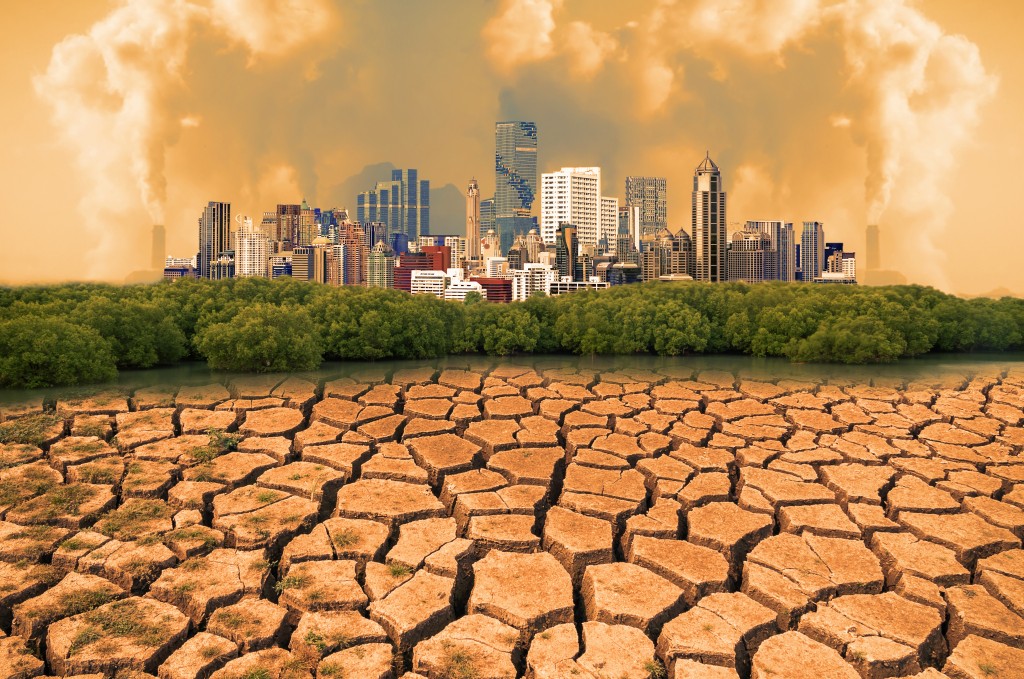The widespread fires in California, the extreme hurricanes in Alabama and Georgia, and the extreme heat in Arizona—these are some of the most devastating natural disasters that the U.S. experienced this year. And if we continue to live wastefully, these disasters will get worse.
The extreme natural disasters and increased ecological awareness have pushed more people to live more environmentally sustainable lifestyles. Technological advances have made sustainable living more accessible. But, we need to be more active in saving the Earth because it is the only planet we have. Here are some simple and unconventional ways we can reduce our carbon footprint.
Complain to your local authorities
Government authorities have the power to install more green and sustainable laws. Large corporations contribute more than 71% of the world’s carbon emissions. Government policies and laws can hold these corporations more accountable. They can even punish these corporations for all their environmental damage. What laws or public policies does your state have? What are the waste disposal policies in your neighborhood? Know what public policies and laws are. And, if you think that these need to be improved, let them know. It may be idealistic to say that these policy changes will be effective immediately. But, when enough people complain, changes are made.
Teach your kids to care for the environment
Teaching your children to care for the environment. It is a great way to ensure that the green lifestyle you are living continues on to the next generation. Childcare centers and public schools implement environmental education programs as early as kindergarten. Teach kids that what they do impacts the environment. That simple idea makes them more conscious of what they do. And it pays off. Younger people have been radically fighting for sustainable policies.
Reduce your beef intake

More people are becoming vegan and with good reason. Meat and dairy production accounts for 14.5% of global carbon emissions. But, if you really can’t live without meat, cut down your beef intake. Out of all the meat production industries, beef production has the biggest negative impact on the environment. Fewer people are willing to throw out beef compared to fruits and vegetables. But beef still produces more greenhouse gases than wasted produce.
Plan your meals in advance
Food waste accounts for 1/3 of the garbage we throw out. Approximately 1.3 billion tons of food gets thrown out every year. To put things into perspective: if wasting food was a country, it would be the third-largest greenhouse gas emitter.
A simple solution everyone can do is to plan their meals. 40% of the food produced in the U.S. is not even eaten and left to rot in landfills. Most of that food was thrown out because it was left to rot. Knowing what you need to eat and when you’re supposed to eat it reduces food waste. Because you know what to eat, you buy what you need. You can even save more money this way! ; If you don’t know where to start, there are apps and websites that help with meal planning. There are also sites that tell when to throw food or not.
Be mindful of your internet habits
More people have stayed at home due to the pandemic. With schools either shutting down or going online, more parents opt to work at home so that they can keep an eye out for their kids. Everyone is spending more time online. For one person, each online activity emits small amounts of greenhouse gases. But the number of people using the internet increased exponentially.
There are approximately 4.1 billion people using the internet. That is 53.6% of the total world population. When more than half of the world’s population uses the internet regularly, all the carbon emissions they produce add up. In fact, 3.7% of the total global carbon emissions come from internet usage.
What can you do to reduce that? There are many ways. Something as simple as choosing not to reply to a “thank you” e-mail saves 4 g of carbon dioxide. Texting is the least wasteful way of communicating with someone. Stepping away from the screen is a simple and healthy way to cut down your carbon footprint.
The effects of man-made climate change have become devastating more people yearly. Sustainable living has become a standard of living. Thinking about and changing our wasteful ways of living is a great way to help out. These tips are a few of the more effective ways to reduce your carbon footprint. We must do our part to help our planet for ourselves and for our future.

